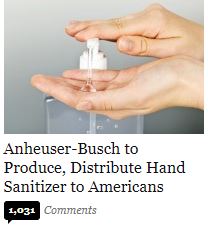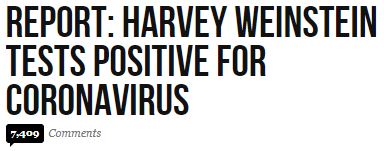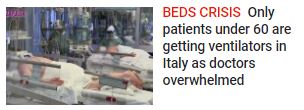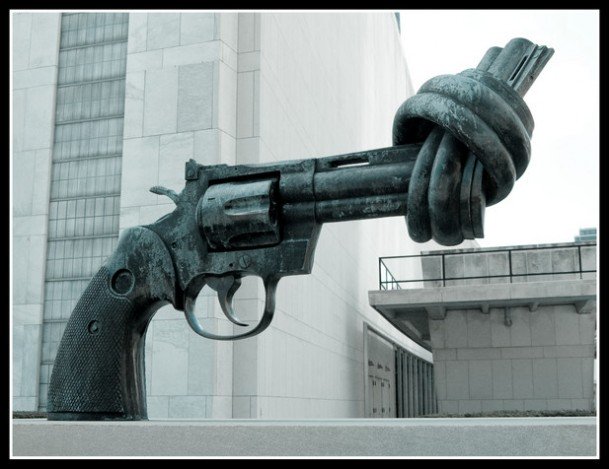Britain starts to panic:
A food policy expert has warned a food disaster could be imminent unless the Government implements rationing. Tim Lang, professor of food policy at City University in London, has written a letter to Boris Johnson asking him to ‘initiate a health-based food rationing scheme to see the country through this crisis’.
He wrote to the Prime Minister ‘out of immediate concern about the emerging food crisis’ and in the letter described public messaging about food supply as ‘weak and unconvincing’.
His warning comes after shoppers across the country have been met with empty shelves as panic-buying takes hold.
Back when I was running a now-defunct supermarket chain’s loyalty program in New York, New Jersey, Connecticut and New Hampshire (Grand Union, if anyone out there remembers them), we had a common problem with “hot” items.
Often, our buyers got such good deals from manufacturers from bulk orders that our shelf retail prices were better than the wholesale price offered by distributors to local grocery stores and bodegas. So the small-store owners would descend on our supermarkets and buy up all the sale items, to resell them in their own stores. Nothing wrong with that, of course — except that it took stock away from our “regular” loyal customers, who typically accounted for 70% of total sales and close to 90% of gross profit.
So I put an end to all that. Whenever the buyers told me about their hot price discounts (which they had to, as I was also in charge of Advertising), I would do two things: make the low price available to loyalty card holders only, and then limit the number of items at that price to two or three per day per card. Result: we sold the same amount of product, only it was spread across a larger number of customers.
And I designed a sub-system for item purchase limits that automatically instituted the policy whenever the daily sales rate started accelerating past a certain velocity. So if there were storm warnings and people started to stock up on, say, batteries, the in-store stock was quite- or nearly sufficient and would-be profiteers couldn’t play their reindeer games.
I did all this, by the way, back in the mid-1990s, so it’s not like it’s a new situation.
As I look now at the panic-buying of toilet paper and hand sanitizers, and the resulting empty shelves thereof, I can’t help wondering why all grocery stores haven’t been doing that now. I know that not all chains (Wal-Mart especially) have loyalty programs, but most of the big ones do. Doesn’t say much for their planning, does it?
And by the way, there’s also an answer for chains who don’t have loyalty programs: just institute price escalation (instead of -reduction) for multiple purchases: first two items, $1.99 each, third or more items, $8.99 each. With today’s technology, the software change should take about an hour to implement.
Food logistics is not something government should get involved in, despite the frantic appeals of “food policy” professors.












